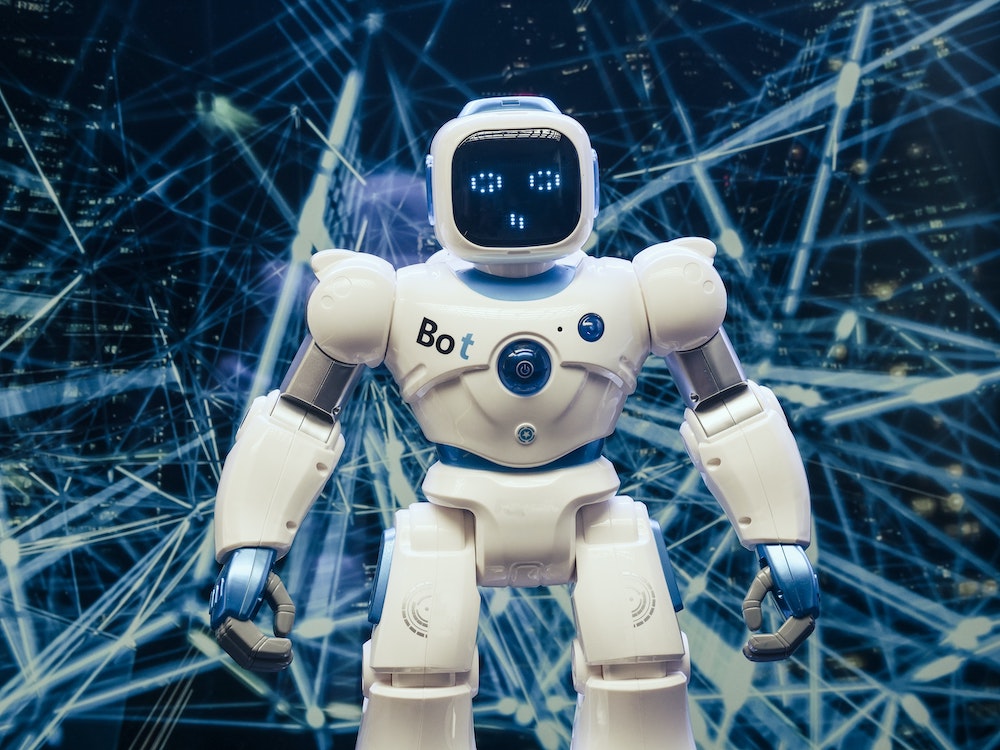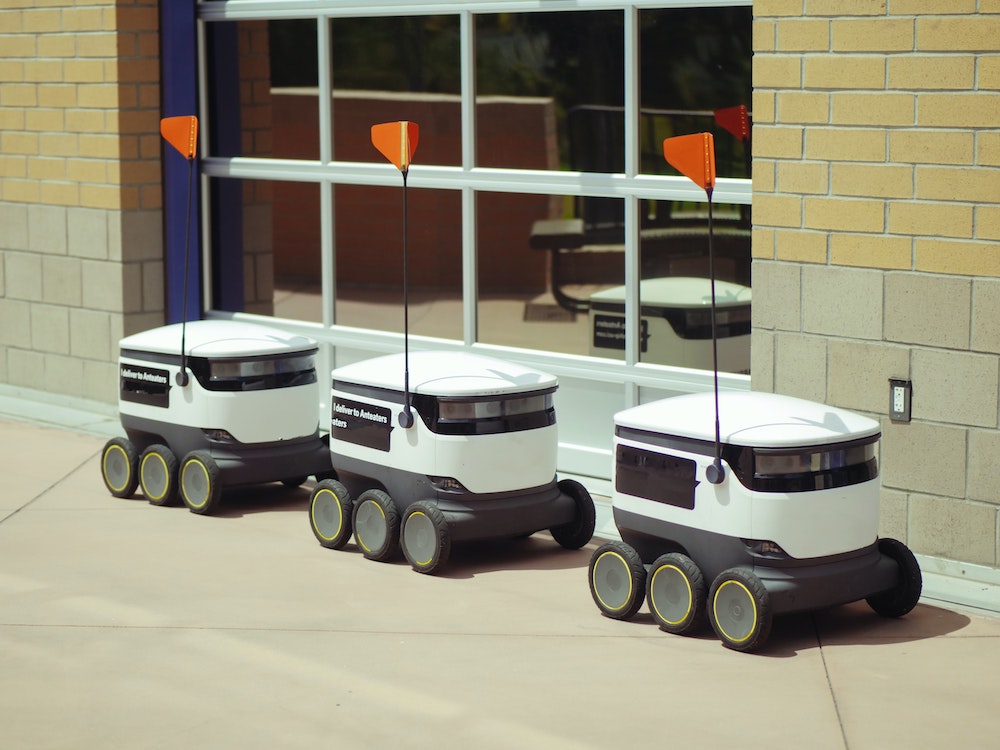ChatGPT is an artificial intelligence language model developed by OpenAI, a leading research organization in the field of artificial intelligence. It is one of the largest language models available and has been trained on a massive corpus of text from the internet, including books, articles, and websites. As a result, it has a vast knowledge base and the ability to generate human-like text.
The name “ChatGPT” is a combination of two words, “Chat” and “GPT,” which stands for “Generative Pretrained Transformer.” The model is based on the Transformer architecture, which is a deep learning architecture designed for processing sequential data such as text. The model has been pretrained, meaning it has been trained on a large corpus of text to learn the patterns and relationships between words, phrases, and sentences. This allows it to generate text based on context and patterns it has learned during its training phase.
ChatGPT is capable of a wide range of language tasks, including text generation, question answering, and text classification. Its ability to understand context and generate text based on that context makes it particularly useful for chatbot applications. Chatbots powered by ChatGPT can have natural and human-like conversations with users, making them a popular choice for customer service and support. They can also be used for content creation, such as writing articles, summaries, and product descriptions.
In addition to its language generation capabilities, ChatGPT also has a strong ability to answer questions. This makes it ideal for use in virtual assistants, where it can answer questions and provide information on a wide range of topics. For example, it can be used to answer questions about history, geography, science, and even current events.

Chat GPT is an incredibly powerful tool with a wide range of use cases for businesses of all sizes.
One of the key advantages of ChatGPT is its ability to generate text that is human-like in style and tone. This is because it has been trained on a vast corpus of text, including a wide range of styles and tones, and it has learned to generate text that is similar to what it has seen in its training data. This means that it can generate text that is convincing and engaging, making it ideal for a wide range of applications.
Another advantage of ChatGPT is that it is highly scalable and customizable. It can be fine-tuned to meet the specific needs of different applications and domains. For example, it can be trained on a specific domain, such as medicine or law, to gain domain-specific knowledge. This allows it to generate text that is more relevant and accurate for that domain.

The name “ChatGPT” is a combination of two words, “Chat” and “GPT,” which stands for “Generative Pretrained Transformer.” The model is based on the Transformer architecture, which is a deep learning architecture designed for processing sequential data such as text.
ChatGPT is also highly adaptable, which means it can be used for a wide range of applications beyond chatbots and virtual assistants. For example, it can be used for text generation in creative writing, such as fiction writing and poetry. It can also be used for text summarization, where it can generate a concise and accurate summary of a longer text.
In conclusion, ChatGPT is a powerful and versatile artificial intelligence language model that has the ability to generate human-like text and answer questions. Its scalability, adaptability, and human-like text generation make it ideal for a wide range of applications, including chatbots, virtual assistants, content creation, and text summarization. As artificial intelligence continues to advance, it is likely that ChatGPT and other models like it will become even more important for businesses and organizations looking to improve their customer experiences and operations.
- The 19 Best Greek Restaurants in Chicago - June 22, 2023
- Oceangate CEO Stockton Rush: Driving Innovation at OceanGate - June 22, 2023
- Midjourney: Generative AI Image Generator - June 21, 2023


